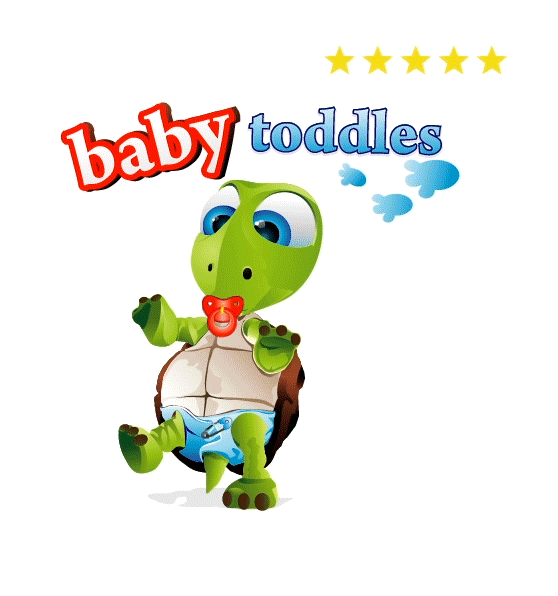Blog
Back to School and Anxiety
Summer is quicklycoming to an end, and kids across America are once again strapping on their backpacks and heading off to school for the year. For most children, the starting of school is met with the anticipation of seeing pals and having fun, but for children having difficulties with anxiety, it can be a difficult time for both the kids as well as their mothers and fathers.
Rich Presta, well-known anxiety treatment authority has recently launched The Anxiety-Free Child Program, a self-help resource for mothers and fathers and children developed to help them better deal with and overcome the anxiety and fear that may be keeping them back from living the childhood they were meant to have.
Children with excessive fear or anxiety issues may all fight unique feelings, but one emotion is shared between them all, the coming of a new school year and the uncertainty it brings with it producess a feeling of fear, nervousness, dread, and even panic. Among the leading resources developed for treating child anxiety at http://www.AnxietyFreeChildren.com cites studies which indicates that as many as one in ten kids may battle an anxiety disorder, which begs the question, “What can mothers and fathers do to help their kids with anxiety adjust during this critical time”?
Rich Presta, the author of the Anxiety-Free Child Program states, “It’s absolutely that parents and loved ones, especially those which haven’t suffered with anxiety in their own lives, feel frustrated, hopeless, perplexed, and a even afraid themselves because of their child’s anxiety and their not understanding on how to deal with it appropriately. The single most vital thing a parent can do if their child is having a challenge with their anxiety is to educate themselves and recognize what their child is undergoing and what they can do about it. However, what parents tend to gravitate towards as a solution, like telling their children to suppress or “get over” their feelings, or forcing them into scenarios their child may not be prepared for, can actually make their child’s anxiety worse, more pervasive, and hard to treat.”
One of the key tenets of Presta’s acclaimed plan is the criticality of getting to the root of what the child is actually afraid of underneath the anxious feeling bubbling to the surface. He points out that though the fear may be manifesting as resistance to starting school or even outright school refusal, what the child may be actually frightened of may not be school itself, but an aspect of the school environment, such as socializing, being away from parents, failure, or feeling inadequate in comparison to their peers. This knowledge will enable the parent, along with a therapist or self-help plan like the one he provides, to counter the habitual, negative, and irrational thinking that goes along with problematic anxiety.
Presta not only created the Anxiety-Free Child Program, but is a former anxiety disorder sufferer himself and states, “As somebody who lived with anxiety both as a child and adult and overcame it, I can say that simply understanding what is happening to the body during an anxious episode, and that there is a reason for it and it’s not clouded in mystery, may be extremely therapeutic for both child and parent.”

